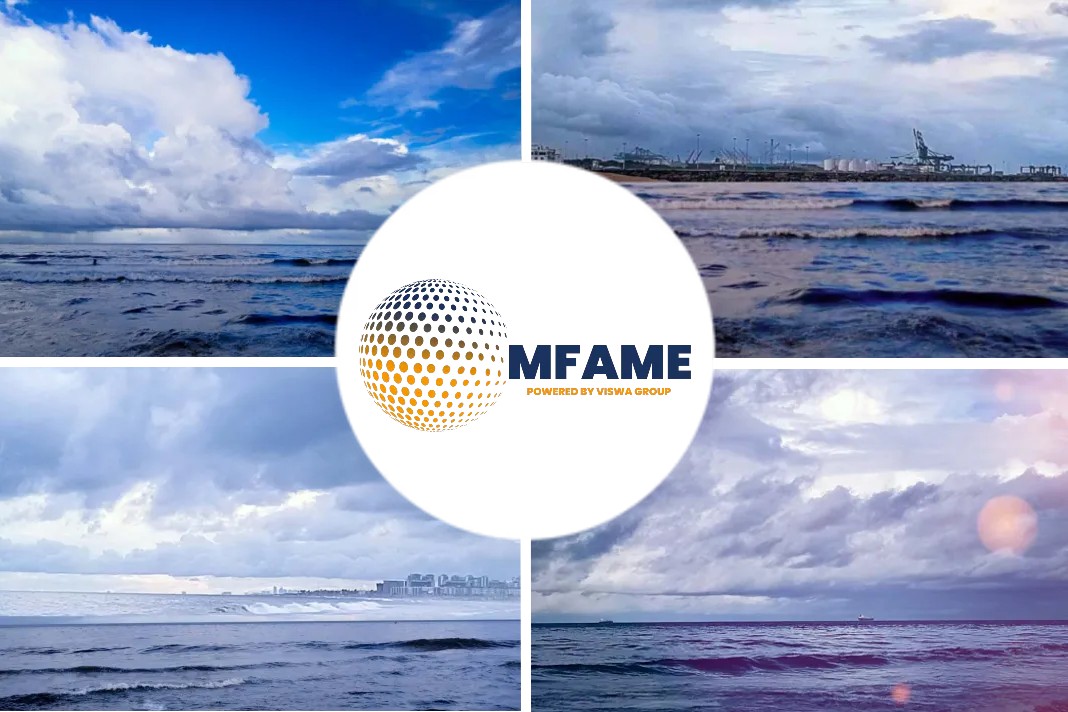Ursula von der Leyen, the president of the European Commission, has admitted it will take the EU five years to wean itself off Russian oil and gas as the Kremlin continues to ravage war on Ukraine, says an article published in the world news.
Agreement to secure energy supplies
In a blow to Ukraine, which has called for an immediate embargo, Ms von der Leyen said the agreement to phase out dependence on Kremlin hydrocarbons by 2027 was needed to secure “reliable, secure and affordable” energy supplies to the continent.
The timescale is three years earlier than originally proposed but still well short of what was demanded by Kyiv, which has argued that Russia is financing its invasion of Ukraine with money from energy exports.
An embargo on Russian oil
Ms von der Leyen said the proposals will be outlined by the end of May with measures for reducing the impact of higher energy bills for consumers by the end of the month. The US has put in place an embargo on Russian oil and the UK has vowed to phase out all purchases by the end of this year.
But in Europe, where more than a quarter of oil imports and two-fifths of gas imports come from Russia, leaders have backed away from such a ban.
For its part, the Kremlin has also reassured the Continent that it is happy to carry on doing business and has no plans to renege on gas contracts, with pipeline flows through Ukraine continuing despite the raging conflict.
Reluctancy
Critics say this leaves a gaping hole in what are otherwise tough sanctions on Russia, which has been blocked from international payment systems, excluded from debt markets, and denied access to its foreign currency reserves.
The reluctance among EU leaders to push ahead with an all-out embargo helped to calm oil and gas prices on Friday as fears that it would trigger a rush for alternative supplies petered out.
Moscow also excluded energy from export bans it announced in retaliation for the crushing sanctions imposed on the Russian economy, which have been imposed by the West as punishment for the invasion of Ukraine.
Hungary, which gets the majority of its oil and gas from Russia, had openly lobbied against an embargo.
Other nations including Germany and the Netherlands had also raised doubts about an all-out ban ahead of the EU summit in Versailles.
Uncomfortable truth
Olaf Scholz, the German Chancellor, said energy supplies “cannot be secured in any other way at the moment”, while Dutch premier Mark Rutte admitted Europe’s dependence on Russian oil and gas was for now an “uncomfortable truth”.
In a video posted on Facebook, Hungary’s Mr Orban said on Friday: “The most important issue for us has been settled in a favourable way: there won’t be sanctions that would apply to gas or oil, so Hungary’s energy supply is secure in the upcoming period.”
As the threat of an imminent European embargo receded, Brent crude traded at around $110 a barrel, marginally up from Thursday but far below the high of $130.50 on Tuesday.
It put the oil price on course for its biggest weekly drop since November.
Russian isolation
Meanwhile, the EU natural gas price was hovering at about €127 per megawatt-hour after hitting a record of €345 at the start of the week when discussions of a possible embargo were first emerging.
In the UK, the gas price was about 300 pence per therm, down from the high of 800 pence just days earlier.
The EU decision to phase out Russian oil and gas over five years represents a setback for US diplomatic efforts to isolate Russia further, after Secretary of State Anthony Blinken first raised the prospect of an embargo last weekend.
Steady supply
“We are now in very active discussions with our European partners about banning the import of Russian oil to our countries, while of course, at the same time, maintaining a steady global supply of oil,” he told NBC on Sunday.
However, Boris Johnson has echoed the concerns of some European leaders, saying that the Continent cannot give up Russian oil and gas “overnight”.
Did you subscribe to our daily Newsletter?
It’s Free! Click here to Subscribe
Source: The world news















![[Watch] Crazy Power Needed to Move World’s Largest Containerships](https://mfame.guru/wp-content/uploads/2023/11/mfame-tanker-100x70.jpg)

